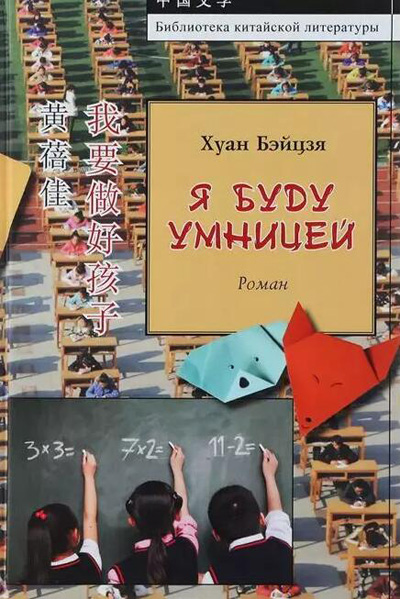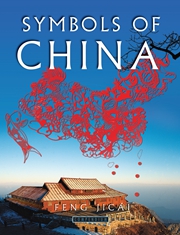Children's classic available to Russian readers
(en.ppm.cn)

The Russian edition of I Would Like to be a Good Kid [Photo from WeChat account hljueyxb]
I Would Like to be a Good Kid, a children's book by Huang Beijia, became available to Russian readers recently.
The winner of China's National Outstanding Children's Literature Award and the Soong Ching Ling Children's Literature Award, the full-length novel tells the story of six-grader Jin Ling, a smart, kind, honest girl preparing for her middle school entrance examinations.
Challenging herself to gain admission to a key middle school, Jin makes every effort to find a balance between becoming a "good girl" in the eyes of her parents and teachers while fighting against them to keep her innocence and curiosity.
Overcoming failures and frustrations, Jin is always confident and finally sits the middle school entrance examinations with her classmates.
The book portrays the school and family life of an elementary school graduate-to-be and particularly resonated among young Chinese readers, especially the episodes depicting Jin's panic at her parents' expectations and how she struggles to break the pattern of a "good girl".
The book also sets a sharp contrast with Battle Hymn of the Tiger Mother, a more familiar story to Russian readers by Chinese-American author and lawyer Amy Chua concerning her way of parenting two daughters. The concept and term "tiger mom" used in the book was controversial, raising much debate in both Chinese and foreign media and inspiring many TV series.
The publication of the Russian edition of I Would Like to be a Good Kid is supported by Phoenix Juvenile and Children's Publishing Ltd, a subsidiary of Phoenix Publishing and Media Inc (PPM), and the Russian Oriental Literature Publishers.

Author Huang Beijia [Photo from WeChat account hljueyxb]
-

Symbols of Jiangsu (Pocket Edition)
Non-FictionSymbols of Jiangsu (Pocket Edition) selects the most representative and symbolic Jiangsu special cultural resources.
-

Symbols of China
Humanities & Social Science; Non-FictionSymbols of China examines those things that make China Chinese.



